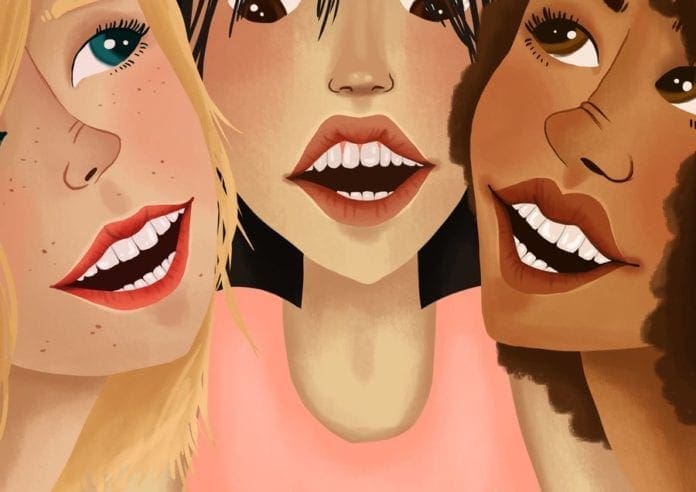We sat on her couch, each of us looking down at our phones. “Hey, mom,” I said. “I just got a message from a woman who brought up a good point. She said that we should check with our loved ones about their advance directives.”
“Why?“
“Well, I know you’re a DNR (Do Not Resuscitate) and that you don’t want any life support, but what if you’d catch this virus and need a ventilator? Would you want a ventilator then?”
“I’m not going to catch this virus,” she said, “and if that’s the way I’m supposed to go then that’s the way I’ll go,” she adamantly stated.
“Okay, but listen, mom. Wouldn’t this virus be different than if you had a stroke or something? I mean, they might have to put you on a ventilator for a while just because it’s respiratory and you’ll die without it.”
She sat silent for a minute and then said, “Okay, but you know that if there is no hope for me to get better….”
Every Changing
And that was the beginning of an uncomfortable, but very necessary, conversation the other day.
Most of the messages I receive from strangers are focused on my Congressional testimony (yes, I know … still after all this time), and the number of them are overwhelming, so I have been glancing through them and not opening them or responding lately because there’s so much craziness right now. But her message came through as I was chatting with a friend the other day.
She said that she was a state employee and thought I might be able to get the word out about advance directives. At first, I was like, “Why would I do that?” Then it turned to “Whoa. How would I do that?” Then it turned to, “I write a column and will definitely do that.”
Very few things are the way they were a week ago. Kids are home and schooling is remote. Adults are working from home or not working at all. Too many folks have to go to work and face the frantic public constantly while being told by the world that they should be inside their houses. We can’t get our hair or nails done. Restaurants are take-out only. Colleges are closed. It seems as if most everything has changed, which leads to the very serious discussion of, “what if.”
Have you talked about how your (older) loved ones feel about their end-of-life decisions with this virus? It’s a hard conversation to have, I know, but it’s worth having. Not because they’re sickly but because they’re at higher risk. I listened to the governor of New York say today that 40-80% of Americans will have it before it’s all over and most of the deaths will be people over 70, especially if they have underlying health conditions.
Tough Questions
I suppose it’s time to be real, and being real is going to require uncomfortable conversations.
No one wants to talk about the death of a loved one, especially in uncertain times, but do we know which funeral home to use should it happen? Do we know if they want to be cremated? What will their wishes be if a traditional funeral isn’t a possibility? What and how can your family do to prepare?
The risk is real, especially to our most vulnerable. I was thinking about those who work in nursing homes and assisted living facilities. They have to work with vulnerable people while taking care of their personal lives and needs out in public. How are they mentally dealing with all of this? What about home health aides? No one is really safe, and that, to me, is the hardest part of this to deal with.
I had an eye-opening experience recently when one of my children went on an emotional rant about how this is affecting her. It was a wakeup call to me because, even though I have asked how they were doing and talked about facts and what’s going on, I haven’t given enough attention to them this past week when it comes to conversation. Maybe that’s because I hardly had time to figure it out for myself.
It’s one of the few times in my years of parenting that I have to honestly say, “I don’t know,” and that’s scary when your family relies on you to be the one who always knows. We have to take the time to talk – really talk – to our loved ones.
I’m thankful for the message I received because it’s one of those things that wouldn’t have ever crossed my mind until it was too late. I guess in these moments of everything being different that we should expect our conversations to be as well. As we’re checking in while remaining distant, let’s remember that it only pertains to physical distance and not emotional and mental. And that few things, including advance directives, is the way it was a week ago.
Stay well. Wash your hands. And visit www.WVendoflife.org for information, forms, and to update your existing plans if necessary.
Onward,
Amy Jo


